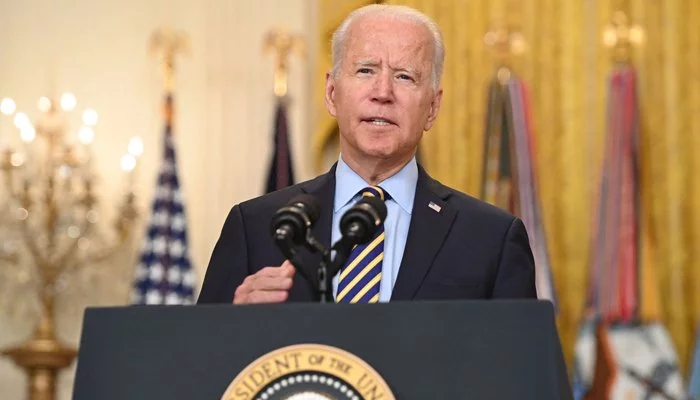Its’ been two decades since the United States entered forces in Afghanistan to fight against terrorism and to eradicate the roots of the elements that are a threat to the national security of the country.
The war that the US started in Afghanistan with the help of NATO back in 2001 after the terrorist attacks on world trade centers gradually became needless due to the economic burden with no real achievement.
The presence of the US and other NATO forces in Afghanistan is considered pointless by the report published in Foreign Policy.
“By bringing the United States’ pointless military campaign in Afghanistan to close, US President Joe Biden has delivered on his desire to end the ‘forever wars’.” According to the Foreign Policy report.
The phrase “ending forever wars” offers little guidance for how the USA has now approached key national security issues. The country needs to learn the right lessons from the war that spanned for two decades and guide the foreign and national security policy from it. Steven Cook, a senior fellow for the Middle East and Africa studies and director of the International Affairs Fellowship for Tenured International Scholars Relations, said in an interview to Foreign Policy.
The United States announced to pull out its all troops from Afghanistan until September but now has already completed the withdrawal before August.
“The wars that are finally coming to a close resulted from the unipolar era’s odd combination of hubris and alarm.” Foreign Policy reported.
The US has spent trillions of dollars on the war in Afghanistan. USA’s new president Biden has promised the nation to quit Afghanistan and end the long-lasting war if he comes to power.
“We are ending America’s longest war. The United States cannot afford to remain tethered to policies created to respond to a world as it was 20 years ago.” Joe Biden said.
Growing Russian and Chinese military powers:
After withdrawal from Afghanistan, the USA will focus on Russia and China due to their increasing influence in Asia and their growing military powers in the region.
While the USA was sitting in Afghanistan, China has increased its military power in the South China Sea to such an extent that they are now able to threaten America in the area.
China has also built what it calls the underground great steel wall and increased the intercontinental ballistic missile silos in recent times which the US really sees as a threat.
On the other hand, Russia annexed Crimea, a part of Ukraine, and shows off its military strength.
Both these military powers Russia and China are now challenging American influence and interest in the region.
According to Biden’s national security policy, “The distribution of power across the world is changing, creating new threats. China, in particular, has rapidly become more assertive.” The News reported.
“Both Beijing and Moscow have invested heavily in efforts meant to check US strengths and prevent us from defending our interests and allies around the world.” He said.
Ukraine and Taiwan, both backed by the USA to secure their interests. While Crimea from Ukraine is currently under the hold of Russia and Taiwan under Chinese control. These may be the new flashpoints between world powers.
Now the United States will shift its focus to the Indo-Pacific region as described by Global Times. The troops pulling out from Afghanistan may be sent to the US military bases around China. Washington will focus on dealing with China and Russia in the future. According to a Global Times report.
Analysis:
The USA after completing the military withdrawal from Afghanistan will surely shift its weight to counter the emerging Chinese and Russian threats.
China in recent times has built its military might with some advanced weapons and deep research. The USA should have to catch up to China or lose its influence as a superpower.


